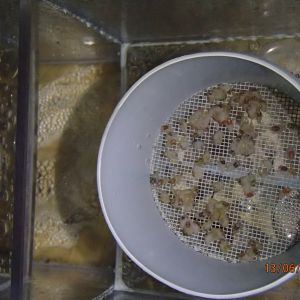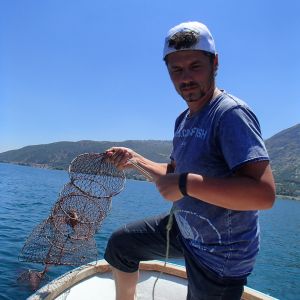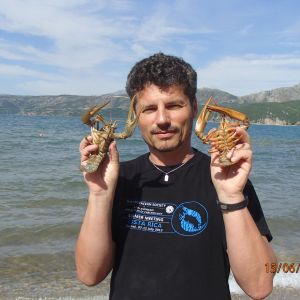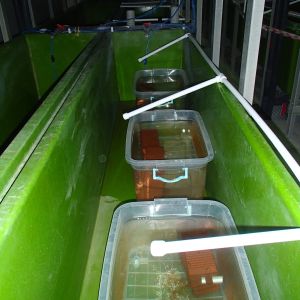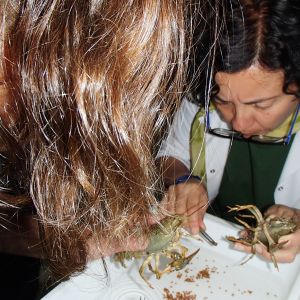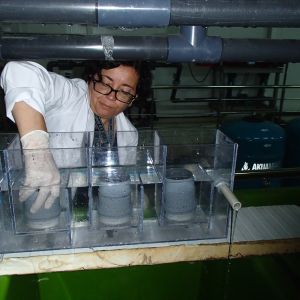Artificial incubation of eggs reduces transmission of crayfish plague from infected females to their offspring
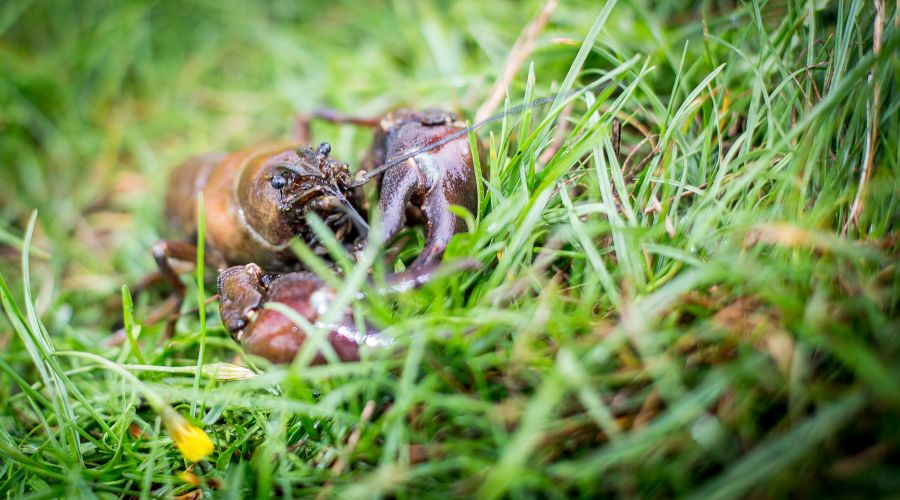
Within the long-term cooperation of the Faculty of Fisheries and Protection of Waters USB with Turkish colleagues in crayfish research and colleagues from Charles University in Prague, we developed a method of artificial incubation of crayfish eggs to reduce the transmission of crayfish plague from infected females to their offspring. In Turkey, the commercial harvesting of crayfish, namely the narrow-clawed crayfish, is a significant part of commercial aquaculture. They are mainly exported and represent an important source of income. These exports grew until the mid-1980s when the accidental introduction of the crayfish plague caused dramatic declines in crayfish populations. Although crayfish densities in some Turkish lakes have recovered to levels where fishing is economically viable, persistent chronic crayfish infections have not allowed full recovery of the local populations. Consequently, considerable financial resources have been invested in developing alternative methods of crayfish farming in closed aquaculture systems.
However, the development of these farms has been hampered by the high mortality rates of both wild-caught broodstocks and juveniles. This is caused by the onset of crayfish plague symptoms. We have focused on solving this problem. We have shown that the artificial incubation of separated eggs from females held in a flow-through system with plague-free water, in a possible combination of egg disinfection in formaldehyde or peracetic acid, reduces the transmission of infection from mothers to their offspring.
The utilization of this method has significant potential in commercial crayfish farms in regions with crayfish plague presence, potentially resulting in the disease transmission- via infected broodstocks or infected water. This is another particular success of the FFPW USB scientists in protecting native crayfish species and mitigating the negative impacts of the spread of non-native crayfish species and crayfish plague.
More detailed information can be found in the original article: Kozák, P., Erol, K.G., Uzunmehemtoglu, O.Y., Tangerman, M., Mojžišová, M., Özkök, R., Kouba, A., Cinar, S., Petrusek, A., 2023. Short-term artificial incubation before hatching limits vertical transmission of Aphanomyces astaci from chronically infected females of a host species susceptible to crayfish plague. Aquaculture 569: 739373. https://doi.org/10.1016/j.aquaculture.2023.739373
Written by: prof. Pavel Kozák

